Historical events on February 16

FEBRUARY 16, 1936
The Popular Front, a coalition of left-wing parties, came to power in the Spanish general election, a factor in the outbreak of the Spanish Civil War five months later.
The Popular Front was an electoral alliance and pact formed in January 1936 to contest that year's general election by various left-wing
Read More
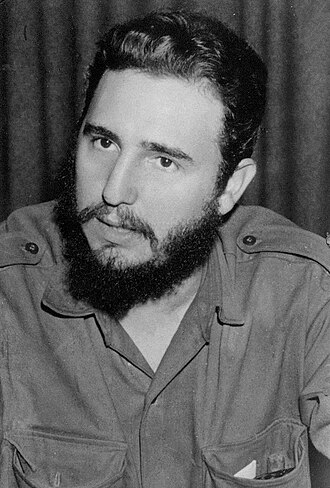
FEBRUARY 16, 1959
Fidel Castro was sworn in as Prime Minister of Cuba, beginning his decades-long rule over the country.
Fidel Alejandro Castro Ruz was a Cuban revolutionary and politician who was the leader of Cuba from 1959 to 2008, serving as
Read More
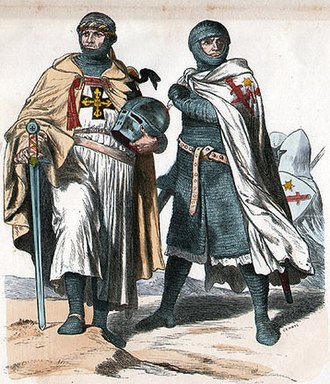
FEBRUARY 16, 1270
Livonian Crusade: In the Battle of Karuse, the Grand Duchy of Lithuania achieved a decisive victory over the Livonian Order on the frozen surface of the Baltic Sea.
The Livonian crusade consists of the various military Christianisation campaigns in medieval Livonia – modern Latvia and Estonia – during the Papal-sanctioned
Read More
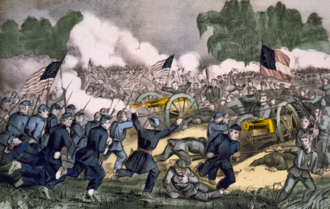
FEBRUARY 16, 1862
American Civil War: A Union victory at the Battle of Fort Donelson gave General Ulysses S. Grant the nickname "Unconditional Surrender".
The American Civil War was a civil war in the United States between the Union and the Confederacy, which was formed in
Read More
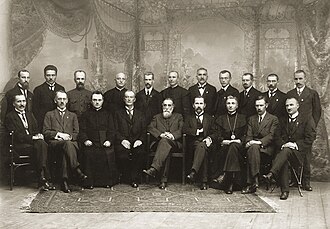
FEBRUARY 16, 1918
The Council of Lithuania signed the Act of Independence (pictured), proclaiming the restoration of an independent Lithuania.
In the history of Lithuania, the Council of Lithuania, after July 11, 1918, the State Council of Lithuania was convened at the
Read More
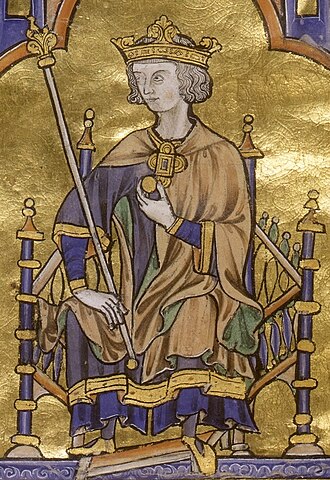
FEBRUARY 16, 1249
King Louis IX dispatched André de Longjumeau as the French ambassador to the Mongol Empire.
Louis IX, also known as Saint Louis, was King of France from 1226 until his death in 1270. He is widely recognized
Read More
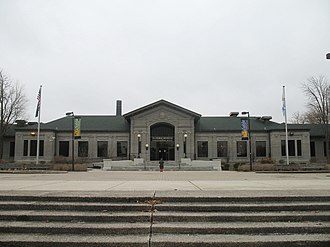
FEBRUARY 16, 1961
The DuSable Museum, the first museum dedicated to the study and conservation of African American history, culture, and art, was chartered.
The DuSable Black History Museum and Education Center, formerly the DuSable Museum of African American History, is a museum in Chicago that
Read More
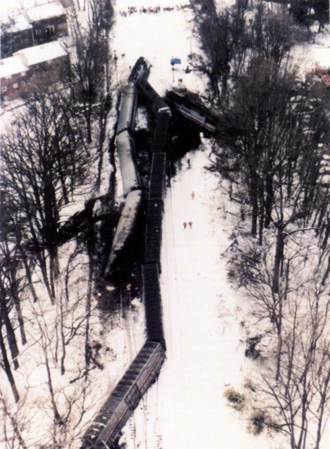
FEBRUARY 16, 1996
Eleven people died in a train collision in Silver Spring, Maryland, leading to the creation of comprehensive U.S. federal rules for the design of passenger cars.
On February 16, 1996, a MARC commuter train collided with Amtrak's Capitol Limited passenger train in Silver Spring, Maryland, United States, killing
Read More

FEBRUARY 16, 1859
The French government passed a law setting the musical note A4 to a frequency of 435 hertz, in the first attempt to standardize concert pitch.
A is a musical note equivalent to 440 Hz in typical A440 tuning. It is the sixth note of La and the
Read More
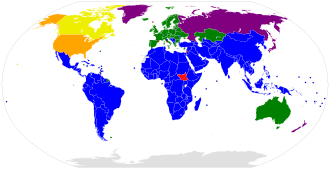
FEBRUARY 16, 2005
The Kyoto Protocol, an extension to the United Nations Framework Convention on Climate Change, entered into force.
The Kyoto Protocol (Japanese: 京都議定書, Hepburn: Kyōto Giteisho) was an international treaty which extended the 1992 United Nations Framework Convention on Climate
Read More
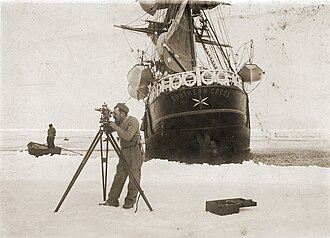
FEBRUARY 16, 1900
The Southern Cross expedition led by Carsten Borchgrevink achieved a new Farthest South of 78° 50'S, making the first landing at the Great Ice Barrier.
The Southern Cross Expedition, otherwise known as the British Antarctic Expedition, 1898–1900, was the first British venture of the Heroic Age of
Read More
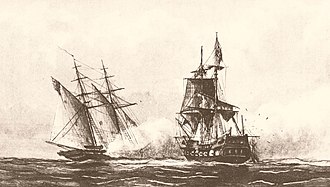
FEBRUARY 16, 1804
First Barbary War: Lieutenant Stephen Decatur led a U.S. Navy raid to destroy the captured USS Philadelphia in the harbor of Tripoli (depicted), denying her use to the Barbary States.
The First Barbary War (1801–1805), also known as the Tripolitan War and the Barbary Coast War, was a conflict during the 1801–1815
Read More
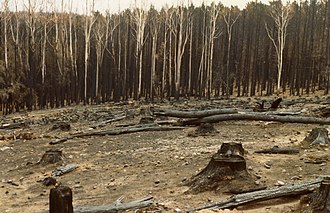
FEBRUARY 16, 1983
The Ash Wednesday bushfires burned over half a million acres (over 2,000 km2) each in both South Australia and Victoria, killing 75 people and injuring 2,676 others.
The Ash Wednesday bushfires, known in South Australia as Ash Wednesday II, were a series of bushfires that occurred in south-eastern Australia
Read More
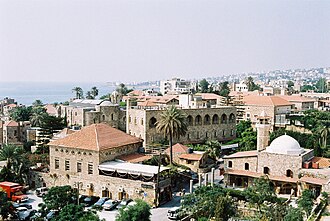
FEBRUARY 16, 1922
A landslide in Byblos revealed a sarcophagus in an underground tomb that was later discovered to be part of a large Bronze Age necropolis.
Byblos, also known as Jebeil, Jbeil or Jubayl, is an ancient city in the Keserwan-Jbeil Governorate of Lebanon. The area is believed
Read More
Showing selected events of February 16
February Events
- February 1
- February 2
- February 3
- February 4
- February 5
- February 6
- February 7
- February 8
- February 9
- February 10
- February 11
- February 12
- February 13
- February 14
- February 15
- February 16
- February 17
- February 18
- February 19
- February 20
- February 21
- February 22
- February 23
- February 24
- February 25
- February 26
- February 27
- February 28
- February 29

